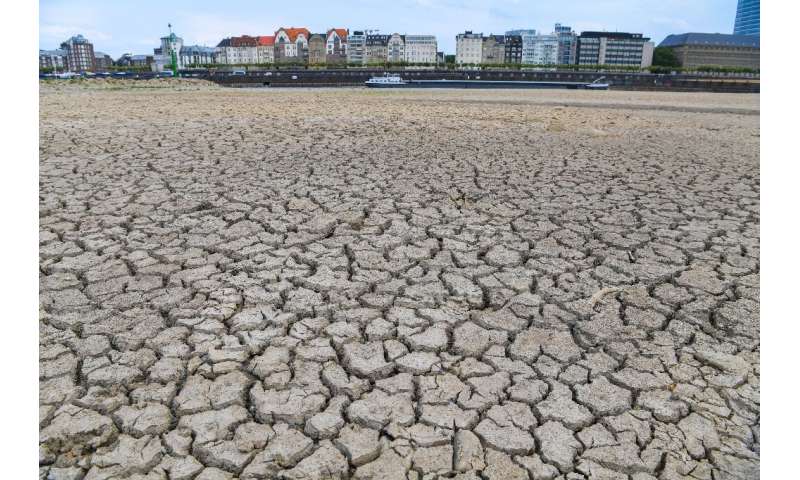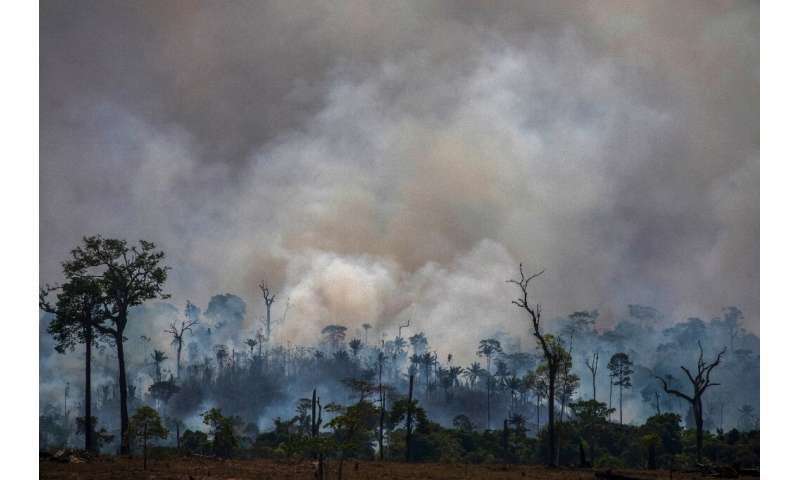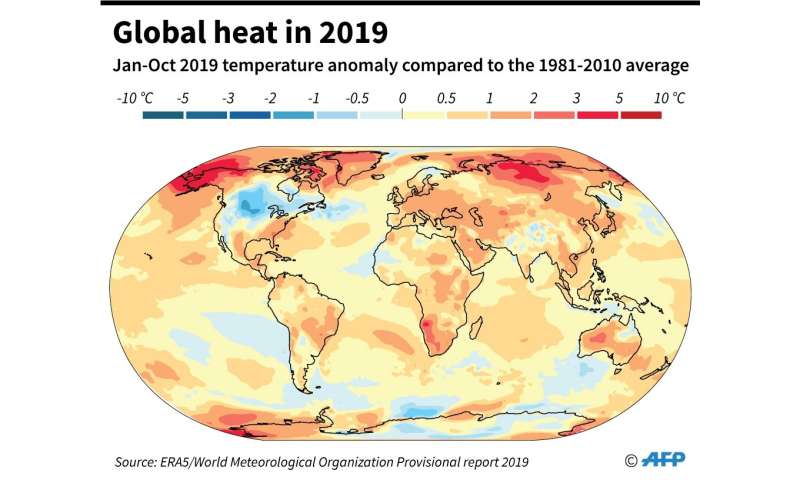Saturday December 7th… Dear Diary. The main purpose of this ongoing post will be to track United States extreme or record temperatures related to climate change. Any reports I see of ETs will be listed below the main topic of the day. I’ll refer to extreme or record temperatures as ETs (not extraterrestrials).😉
Another perspective On This Hottest Decade
Yesterday I presented Climate Central’s data and charts indicating that for most of the United States and world that the 2010s have been the hottest decade in recorded human history, which is the first such findings I have presented on guyonclimate.com. Over the course of the next few months many articles and scientific papers will come out indicating that the 2010s have been the hottest decade on record, which should serve as a warning of things to come if we don’t get our carbon polluting house in order. I will endeavor to present as many of these as possible, not only as the main topic for at least a few days, but linked in my daily news section.
Today I am reposting a Physics article delving into the ramifications of the 2010s warmth:
https://phys.org/news/2019-12-2010s-hottest-decade-history-emissions.html
December 3, 2019
2010s hottest decade in history, UN says as emissions rise again

This decade is set to be the hottest in history, the United Nations said Tuesday in an annual assessment outlining the ways in which climate change is outpacing humanity’s ability to adapt to it.
The World Meterological Organization said global temperatures so far this year were 1.1 degrees Celsius (two degrees Farenheit) above the pre-industrial average between 1850-1900.
That puts 2019 on course to be in the top three warmest years ever recorded, and possibly the hottest non-El Nino year yet.
Man-made emissions from burning fossil fuels, building infrastructure, growing crops and transporting goods mean 2019 is set to break the record for atmospheric carbon concentrations, locking in further warming, the WMO said.
Oceans, which absorb 90 percent of the excess heat produced by greenhouse gases, are now at their highest recorded temperatures.
The world’s seas are now a quarter more acidic than 150 years ago, threatening vital marine ecosystems upon which billions of people rely for food and jobs.
In October, the global mean sea level reached its highest on record, fuelled by the 329 billion tonnes of ice lost from the Greenland ice sheet in 12 months.
Up to 22 million displaced
Each of the last four decades has been hotter than the last.
And far from climate change being a phenomenon for future generations to confront, the effects of humanity’s insatiable, growth-at-any cost consumption means millions are already counting the damage.

The report said more than 10 million people were internally displaced in the first half of 2019—seven million directly due to extreme weather events such as storms, flooding and drought.
By the end of the year, the WMO said new displacements due to weather extremes could reach 22 million.
“Once again in 2019 weather and climate related risks hit hard,” said WMO Secretary-General Petteri Taalas.
“Heatwaves and floods which used to be ‘once in a century’ events are becoming more regular occurrences.”
At just 1C hotter than pre-industrial times, 2019 has already seen deadly heatwaves in Europe, Australia and Japan, superstorms devastate southeast Africa, and wildfires rage out of control in Australia and California.
‘Not adapting’
Nations are currently in crucial talks in Madrid aimed at finalising rules for the 2015 Paris climate accord, which enjoins countries to work to limit global temperature rises to “well below” 2C.
The Intergovernmental Panel on Climate Change (IPCC) last year outlined how vital it was for mankind to aim for a safer cap of 1.5C—ideally by slashing greenhouse gas emissions and retooling the global economy towards renewable energy.
The UN said last week in its annual “emissions gap” assessment that the world needed to cut carbon emissions by 7.6 percent each year, every year, until 2030 to hit 1.5C.
Instead, emissions are rising.

And while governments spend hundreds of billions of dollars subsidising fossil fuels, there appears to be no consensus in Madrid over how countries already dealing with climate-related catastrophe can fund efforts to adapt to the new reality.
“Our economic activities continue to use the atmosphere as a waste dump for greenhouse gases,” said Joeri Rogelj, Grantham Lecturer in Climate Change at Imperial College London.
Even if all Paris pledges were honoured, Earth is still on course to be more than 3C warmer by the end of the century.
“There is no indication of a fade out of the warming,” Taalas told reporters. “The numbers will be higher if we continue our current behaviour.”
Part of the discussions in Madrid is aimed at getting countries to increase their climate action ambition ahead of a deadline next year.
Friederike Otto, deputy director of the University of Oxford’s Environmental Change Institute, said the WMO report “highlights that we are not even adapted to 1.1 degree of warming.”
“And there is no doubt that this 1.1 degree is due to the burning of fossil fuels,” she said.
Christian Aid’s global climate lead Kat Kramer said the WMO report showed the need for concrete progress in Madrid.
“Delegates have no excuse to block progress or drag their feet when the science is showing how urgently action is needed,” she said.
Explore further:Slash emissions now or face climate disaster, UN warns
As I keep stating, all of this researched data concerning warmth is one of the scientific tools we have to move forward as a species and planet. Let’s all heed warning signs and collectively do something about the climate before one warm decade we wake up, and it is way too late.
Here is more climate and weather news from Saturday:
(As usual, this will be a fluid post in which more information gets added during the day as it crosses my radar, crediting all who have put it on-line. Items will be archived on this site for posterity. In most instances click on the pictures of each tweet to see each article.)
(If you like these posts and my work please contribute via the PayPal widget, which has recently been added to this site. Thanks in advance for any support.)
Guy Walton- “The Climate Guy”